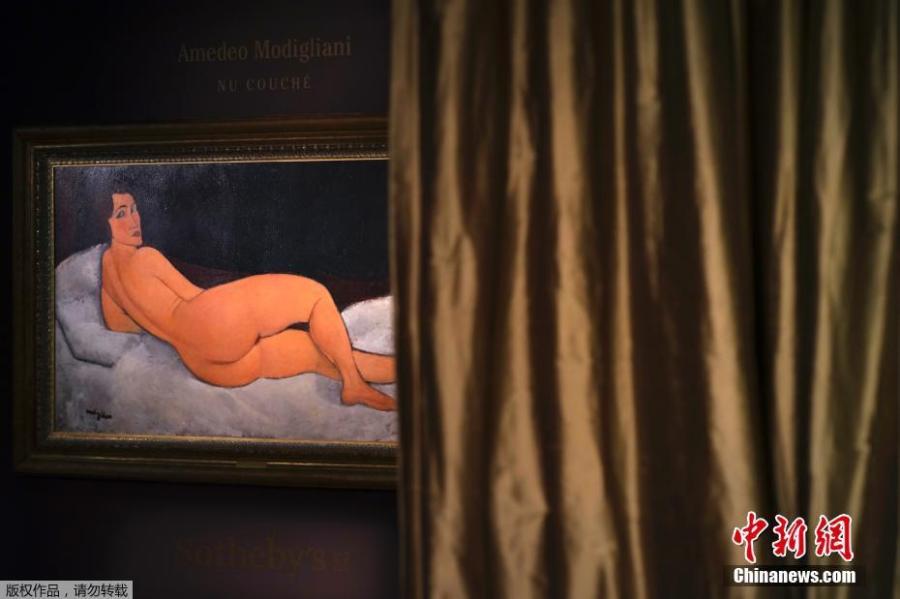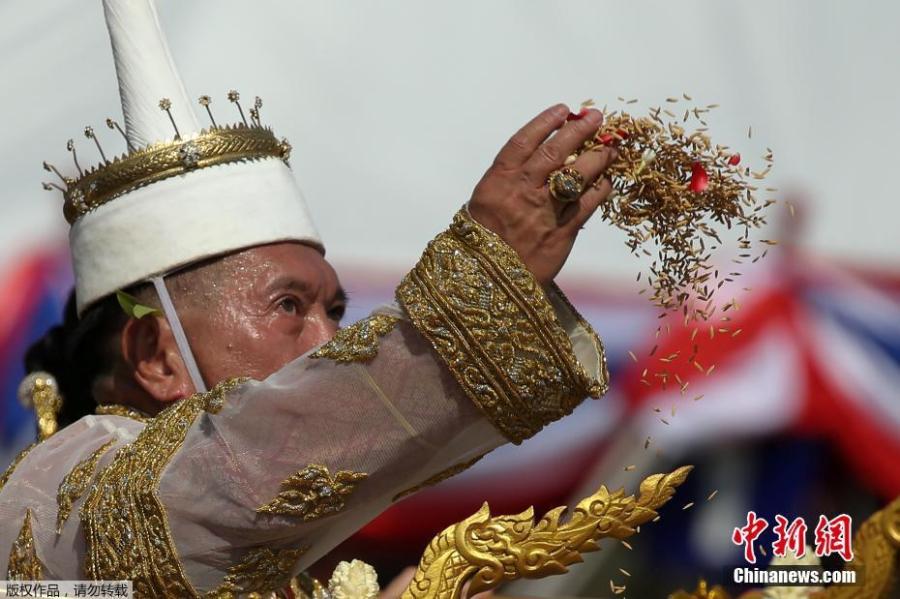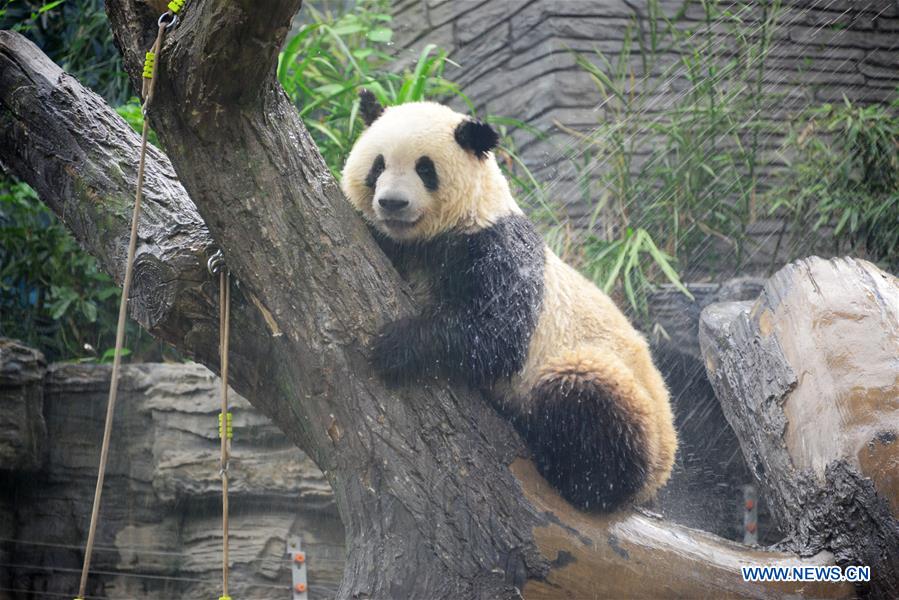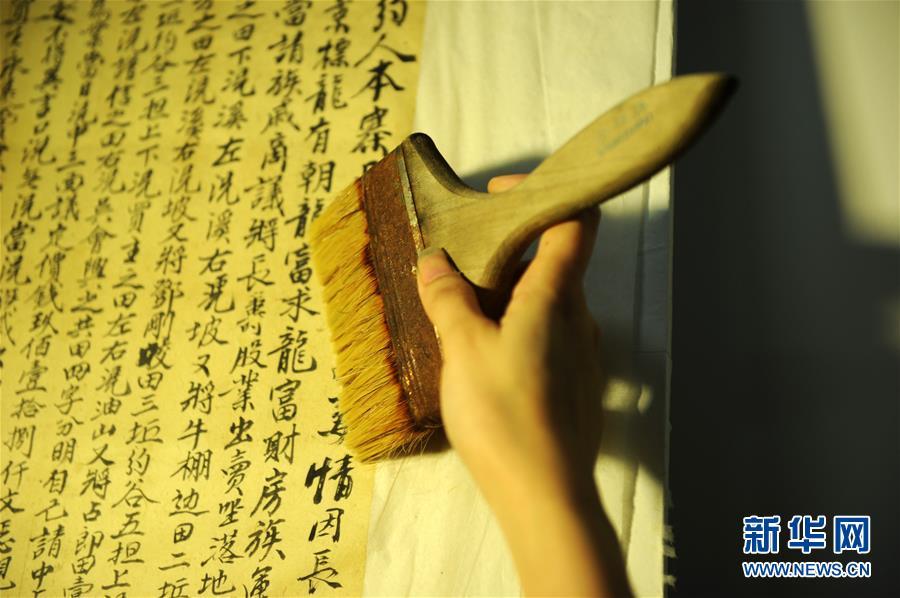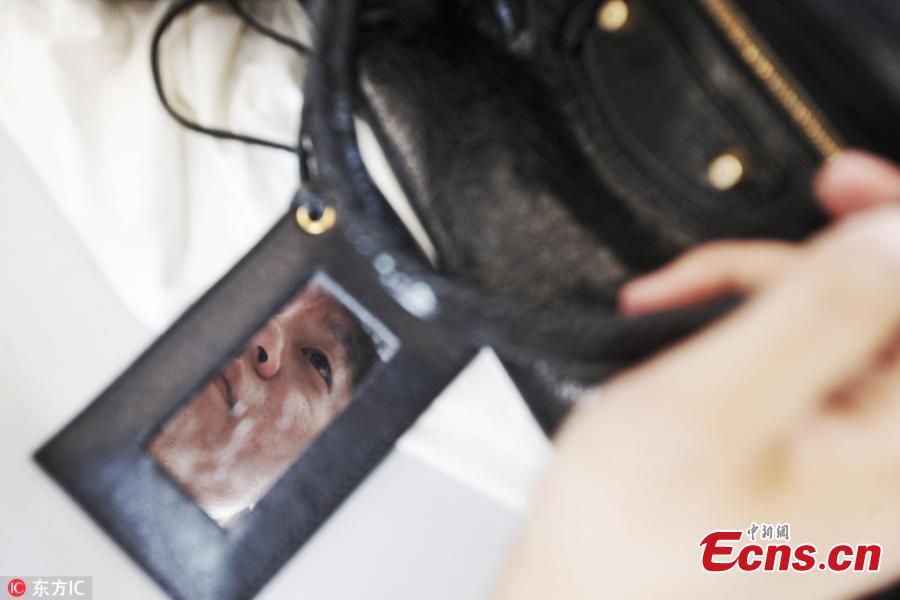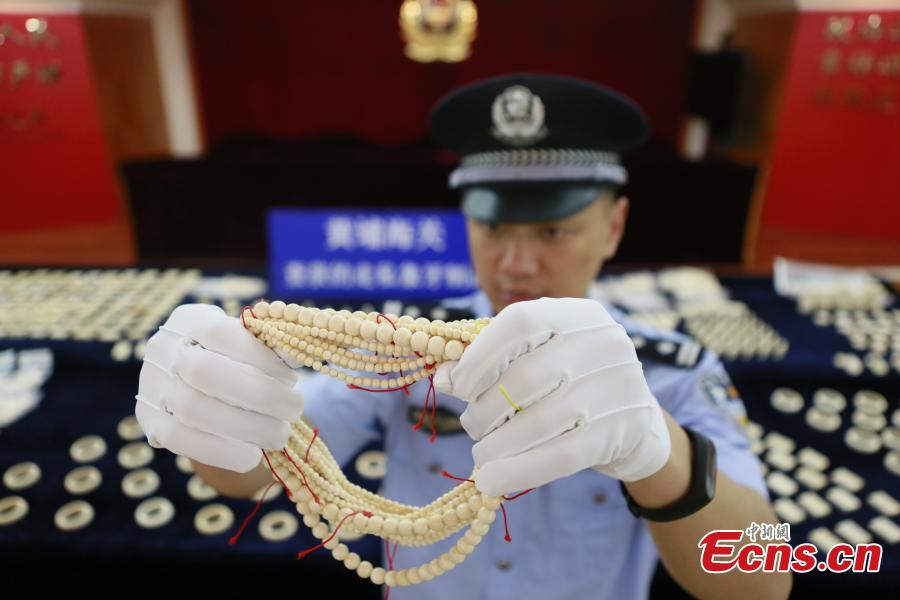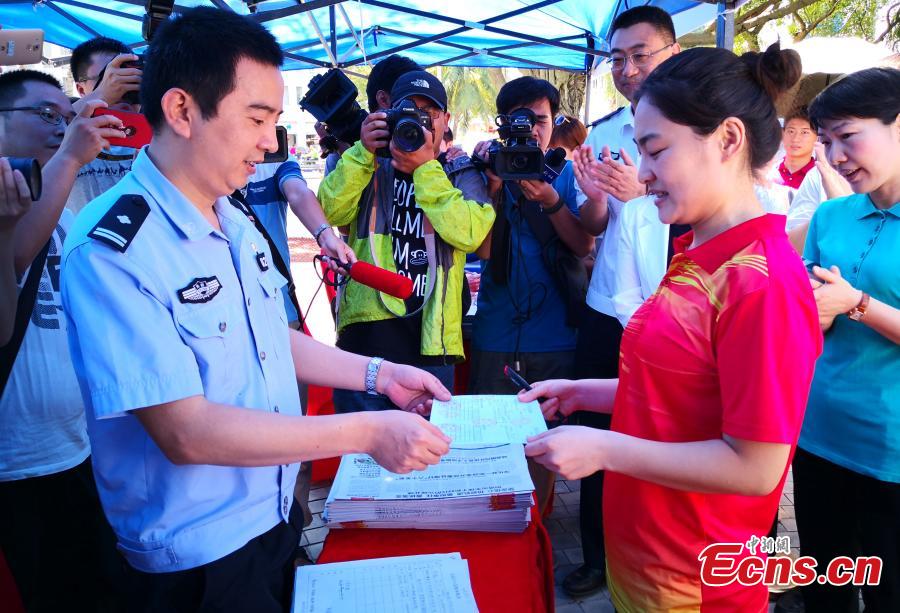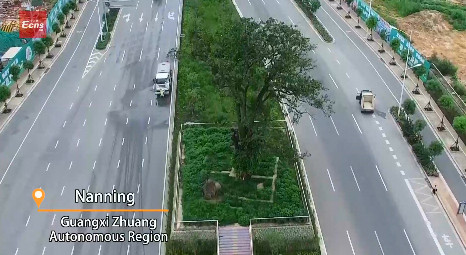By laundering each article, the writer usually earns less than 10 yuan. According to the posts, the standards for the ghostwriters are very low; some only require the writers to be able to pass the Chinese exams in high school.
"I am able to earn more than 10,000 yuan per month," Xue, a ghostwriter with three years of experience in laundering articles, told the Global Times. "I wash all kinds of articles, except sports and cars, which I dislike," he said.
Xue said he washes 100 to 200 articles every day. His articles are provided to commercial accounts on all major self-media platforms, but he refused to name the platforms. "As long as you charge for your time and capabilities, you can make money," Xue said.
Besides manually washing articles, operators of commercial accounts can also launder articles with only one click.
The Global Times reporter found that users copy original articles into certain websites with laundering articles services, and the website will immediately generate a fake original article. In a trial version, some words in the original work were replaced by synonyms in the newly generated articles.
The new articles score 100 percent in plagiarism checks on platforms such as Weibo and WeChat, which suggests the articles were distinguished as completely original, an employee from Naipan, a company providing such services, told the Global Times.
Buying Naipan's service costs 199 yuan annually for one account. It now has more than 10,000 users. "Don't worry. Nobody will accuse you (of plagiarism)," the employee said.
Despite laundering articles, related services have developed, such as courses teaching writers how to produce popular articles.
On social media platforms such as WeChat, the major income of an account comes from advertisements, but whether the account can attract advertisements depends on the number of its followers and views.
To increase the number of followers, WeChat public accounts must update their content frequently, the Science and Technology Daily reported.
Writing original work requires great effort, but copying and laundering content brings profits in a very short time, Xu Xinming, a Beijing-based lawyer who specializes in IPR, told the Global Times.
Apart from self-media, plagiarism haunts many other fields in China, including academia. In April 2017, Berlin-based publisher Springer announced it was withdrawing 107 scientific articles produced by Chinese institutions from editions of the Tumor Biology journal published between 2012 and 2016.
"Many Chinese people have a poor sense about respecting copyrights," Xu noted.
Legal protection needed
Experts say that from a legal perspective, it is very difficult to define "laundering articles."
"It is not a phrase used in law. Therefore, there are several different conditions to determine how much of the article was plagiarized," Xu said.
People can change some expressions in an article to make it looks different, or add some new paragraphs to an article. Such behavior may violate the original author's rights of authorship, reproduction, revision and adaptation, he noted.
But if the copiers just keep the outline of a non-academic article and take the ideas of the original work, it is hard to say that they have legally violated copyrights, Xu said. "The topics are public and everybody can write about them."
"The law protects content, not ideas or opinions. In another word, to express an idea in a different way is hardly to be judged as a violation of IPR in law," an employee in charge of the WeChat told the Science and Technology Daily.
"It is a long-existing trouble," the WeChat employee said, adding that the platform currently decides the repeatability of two articles by comparing Chinese words.
In 2015, the WeChat public platform released a mechanism to protect original work. Operators of public accounts can now claim their articles originality to avoid being copied by other accounts.
"Relying on existing laws will hardly resolve this issue," the WeChat employee said, noting that the platform is investing massive effort into studying typical cases and designing new rules to stop fake originals.
In the majority of cases, authors of the original work will not go through so much time and effort to sue the copiers, as the loss outweighs the gain, Xu said. "In terms of the platforms, it has been very difficult for them to judge which articles are copied, so they can only rely on the reporting system."
China has been strengthening the protection and use of IPR in a bid to develop intellectual property and encourage innovation.
According to the 13th Five-Year Plan (2016-20), China will improve rules and regulations related to IPR in newly-emerged fields including Internet Plus, e-commerce and big data. The plan was also applied to online literature after a 2015 White Paper on China Internet Literature Copyright Protection released by consulting company iResearch showed that piracy of internet literature had led to 7.7 billion yuan in lost subscriptions in 2014.
In May 2016, Chinese tech giant Baidu closed a number of its forums related to online novels to "better protect authorized copies and safeguard authors' rights."
Xu noted that law enforcement departments should crack down on the individuals and organizations that provide laundering article services.
After all, intellectual property is a private right, and authors of the original work should refer to the law to maintain their legal rights. Meanwhile, the public should maintain a sense of rights and respect of IPR, Xu said.
"Only after a sense of respecting IPR has been formed will the law support the rights of the authors thoroughly," he noted.

















